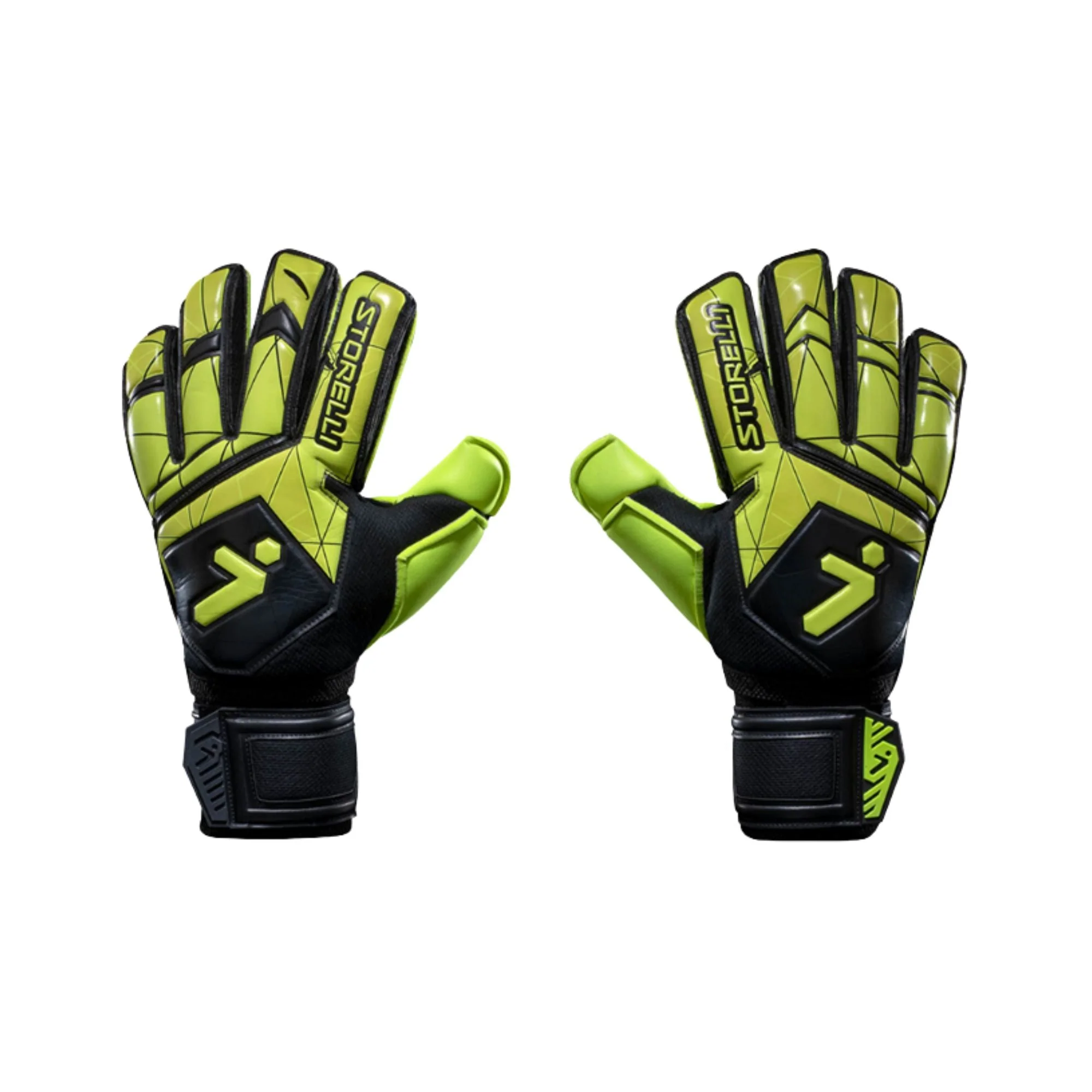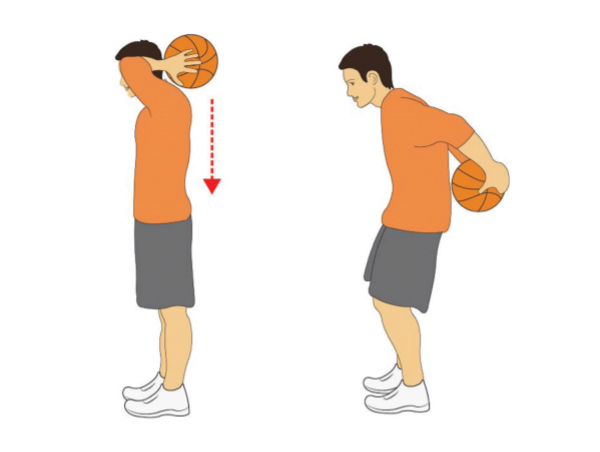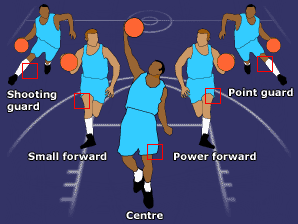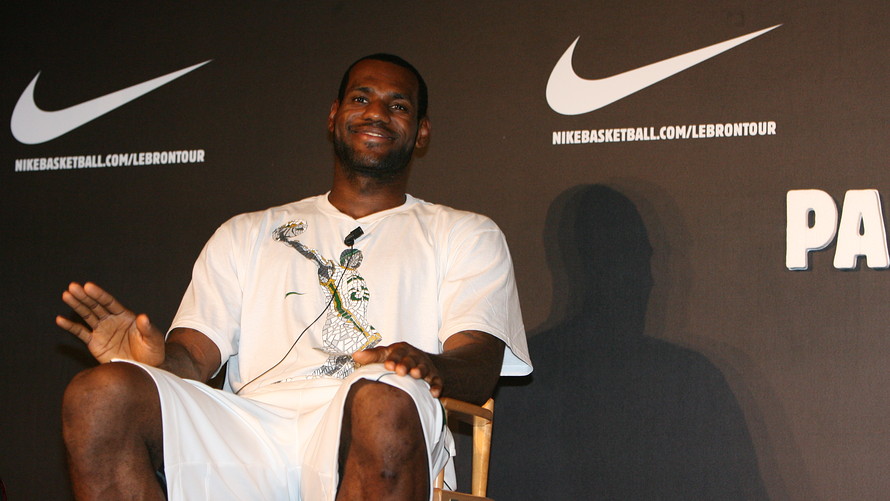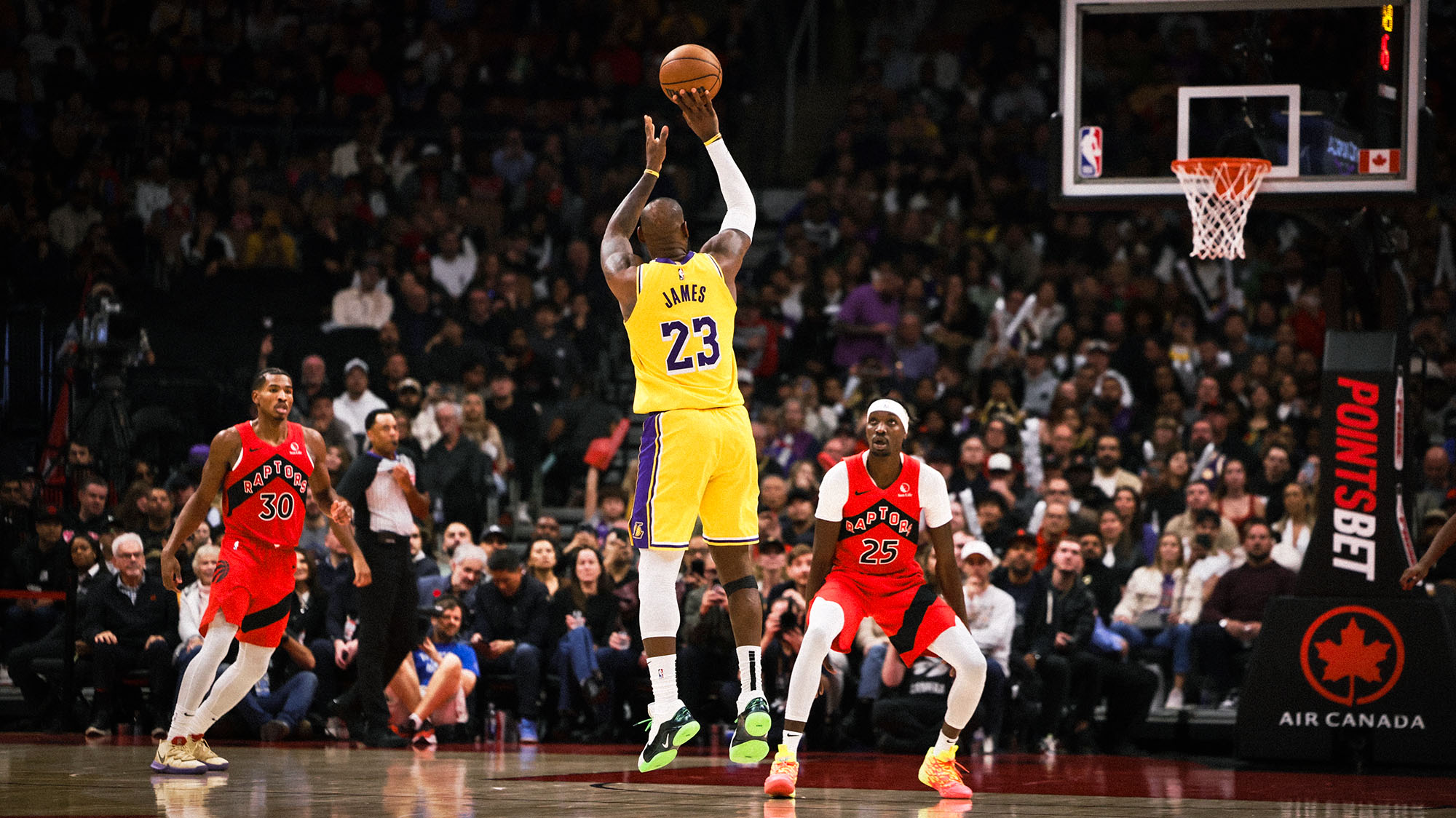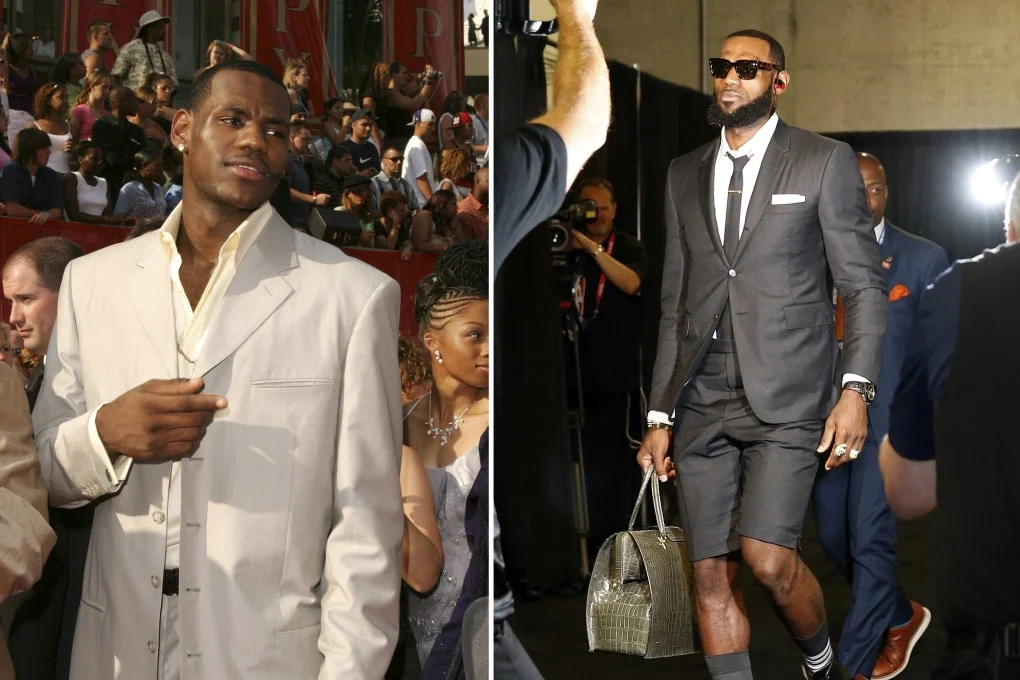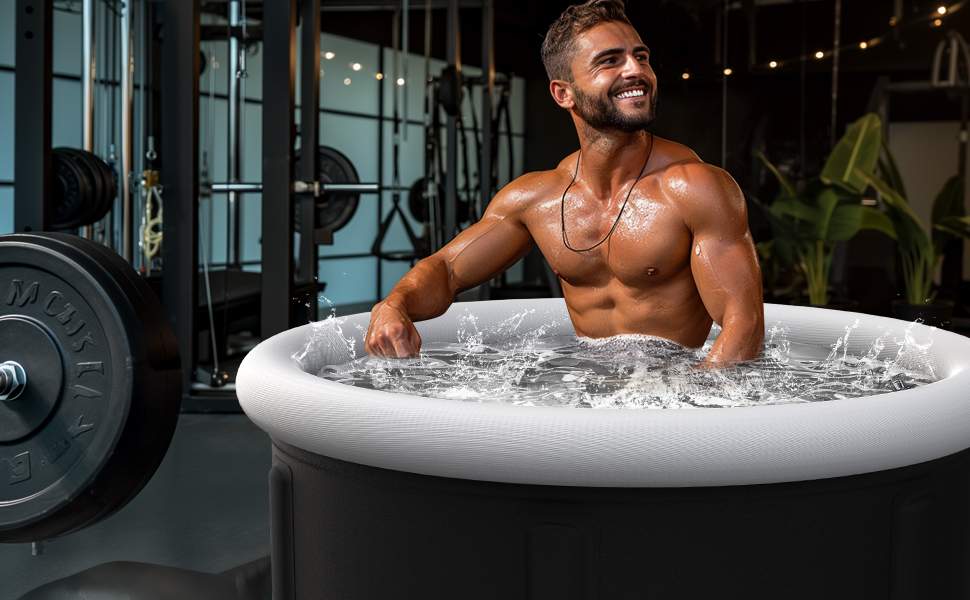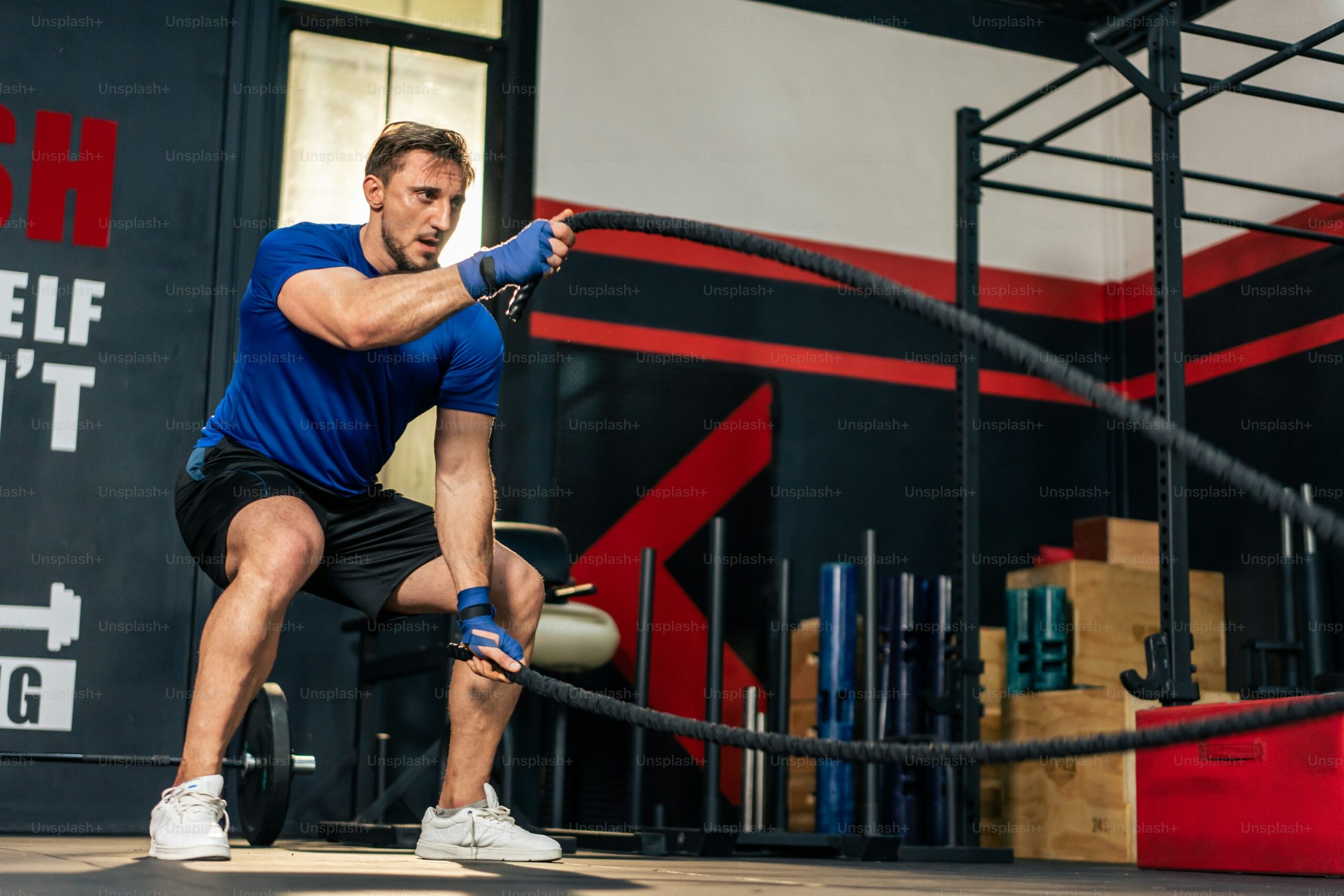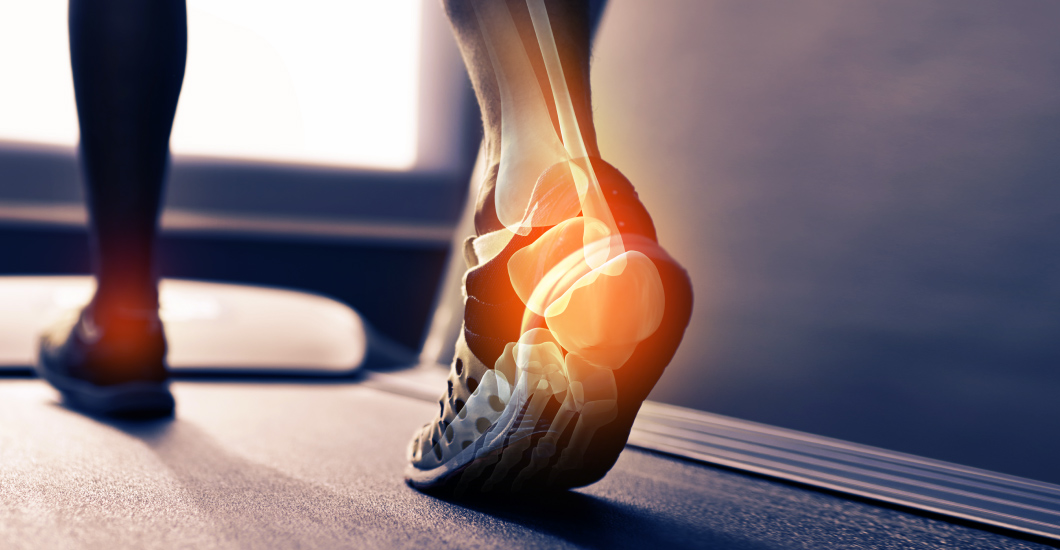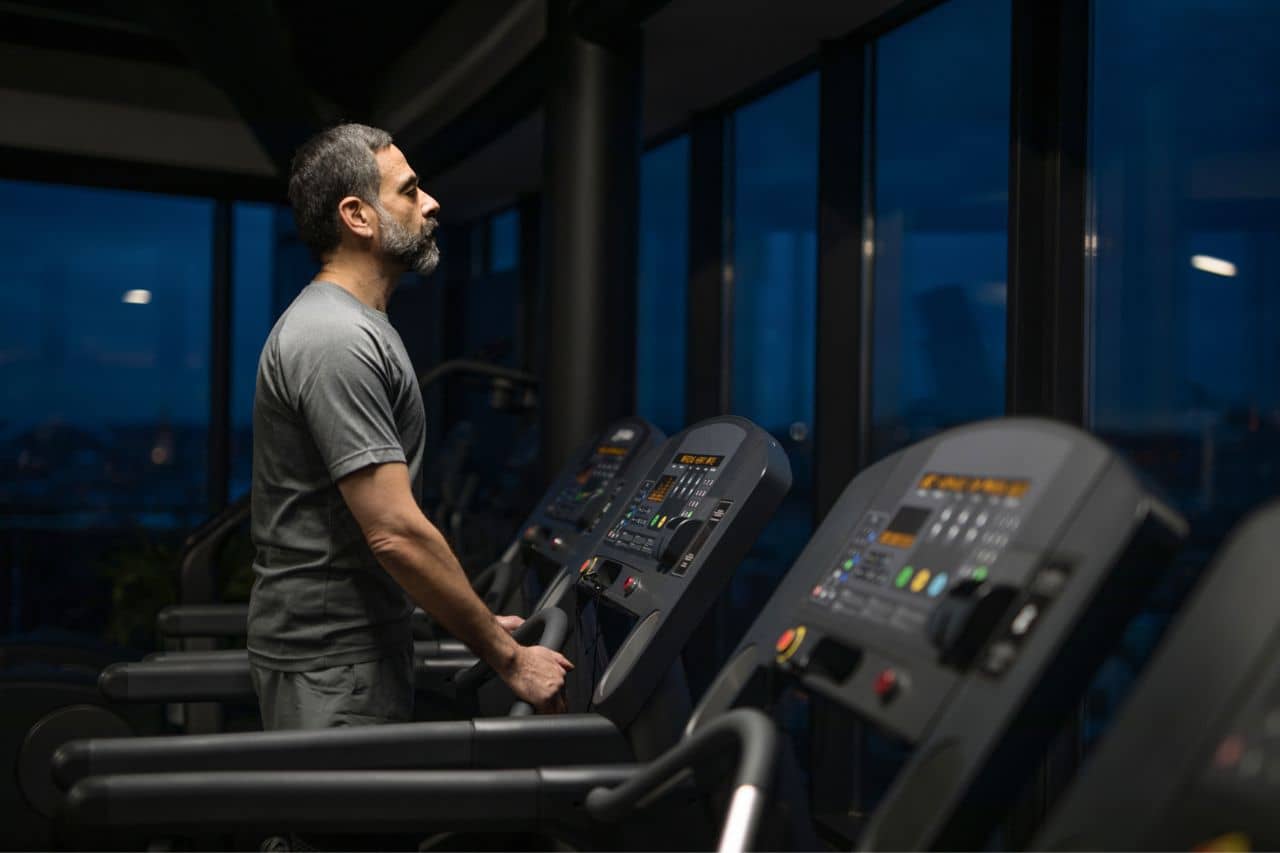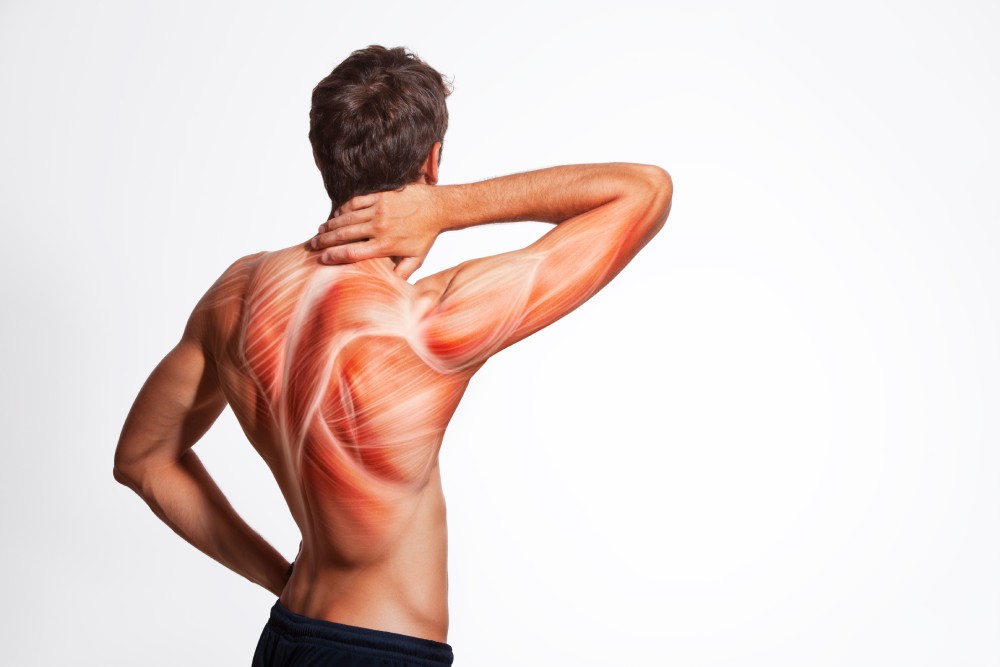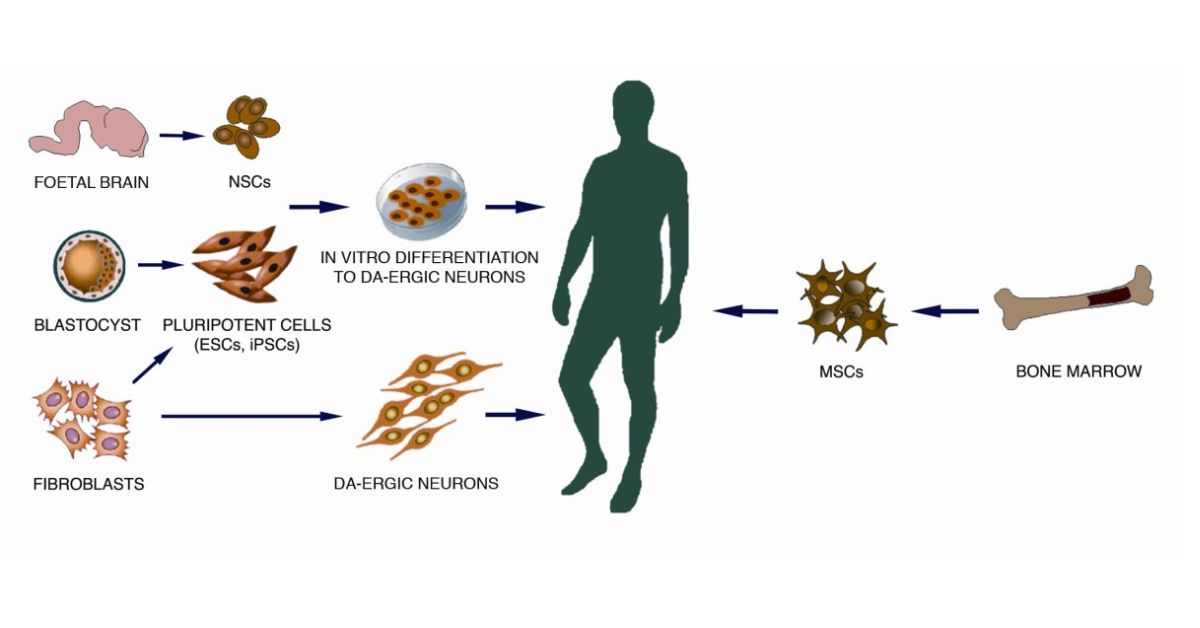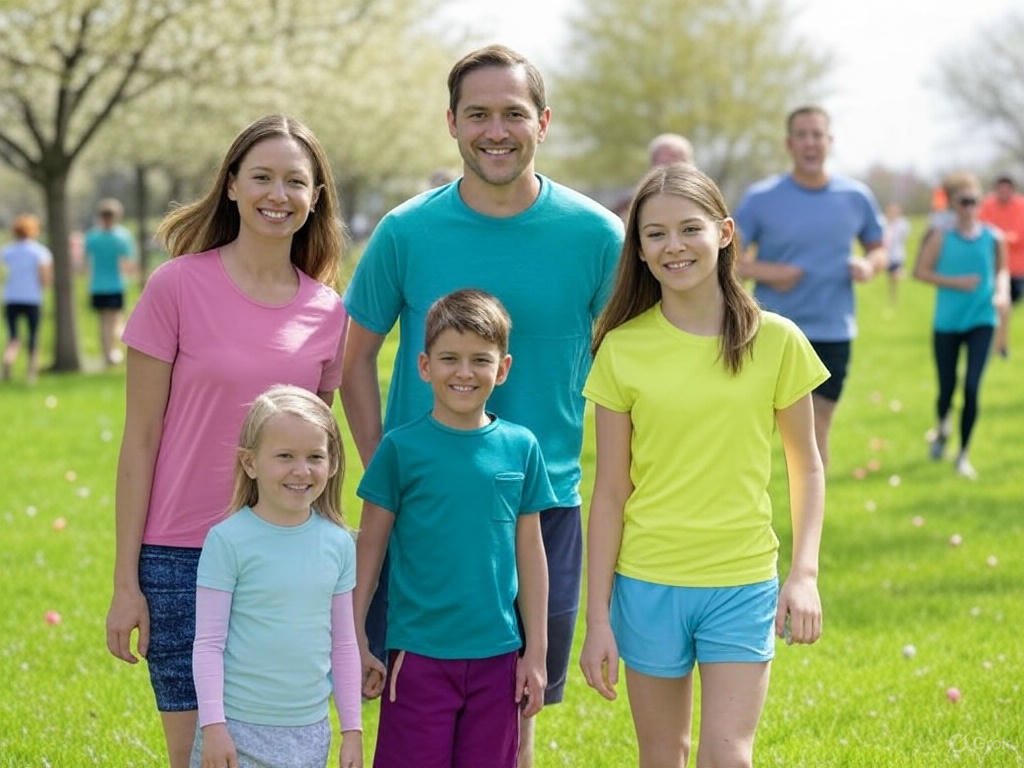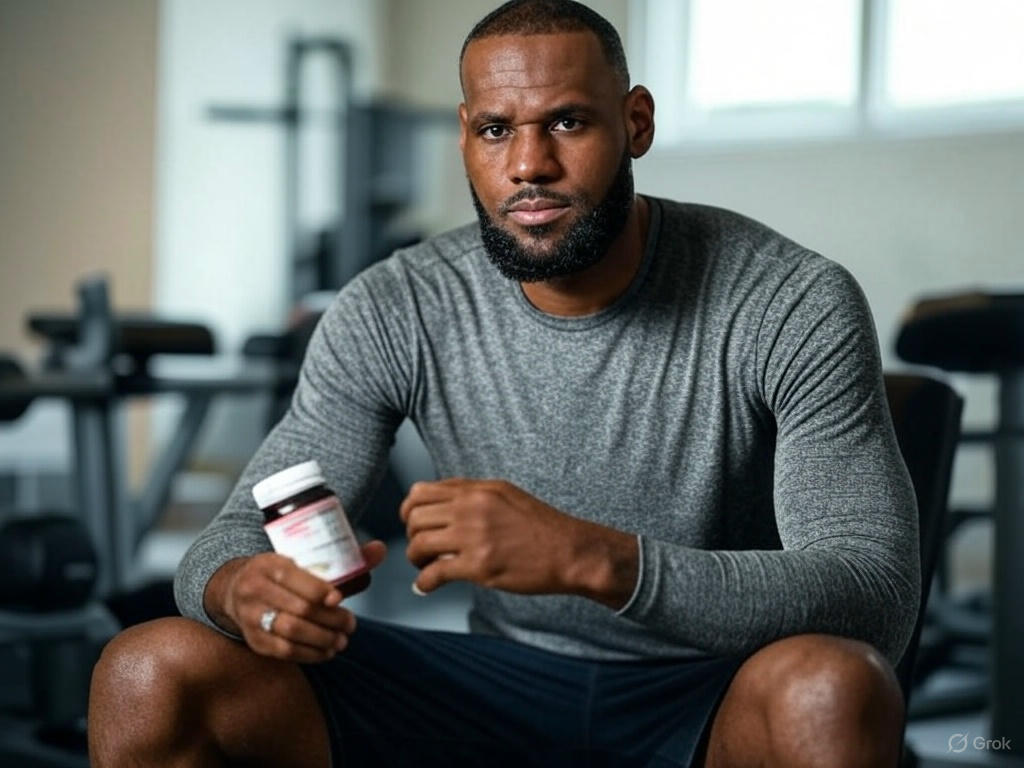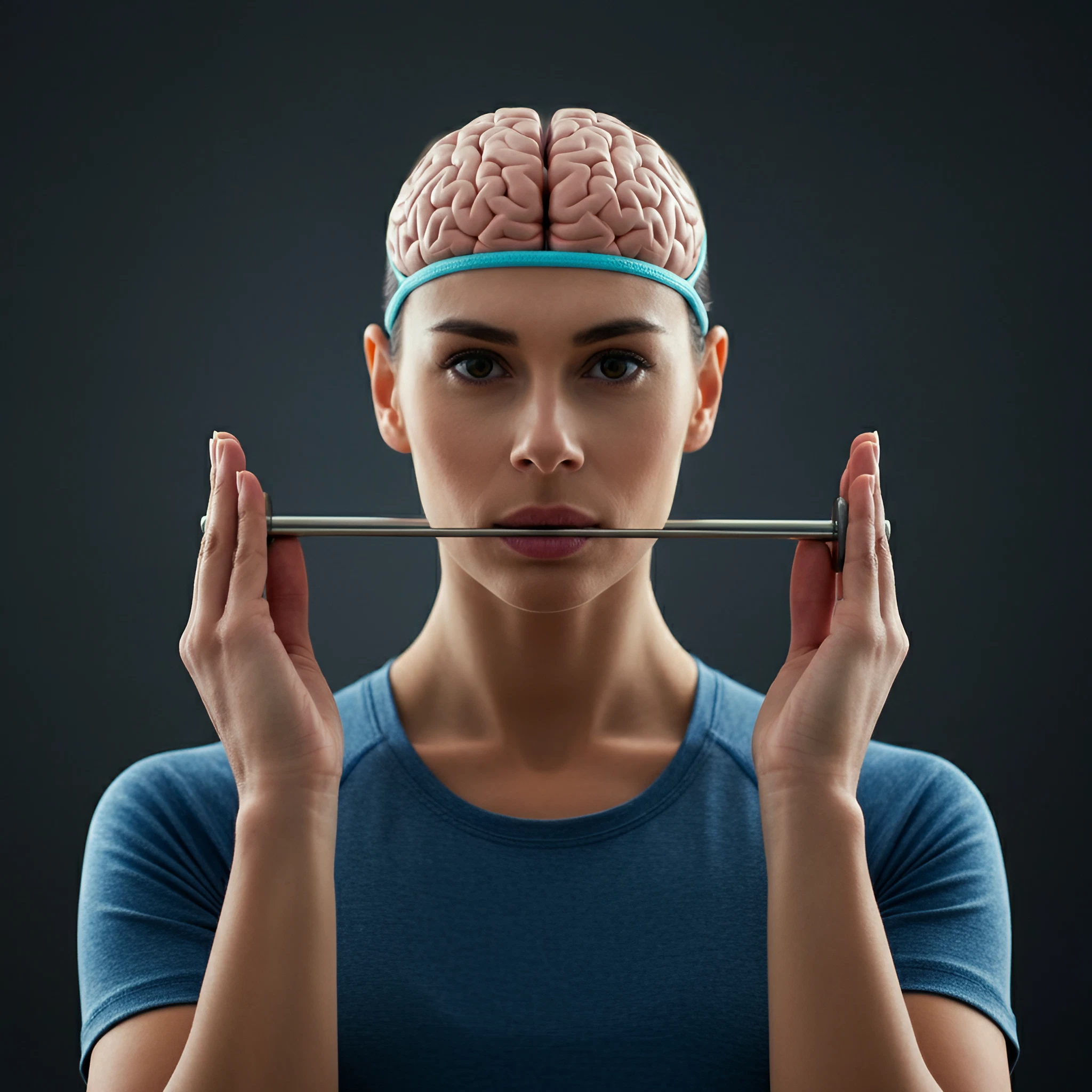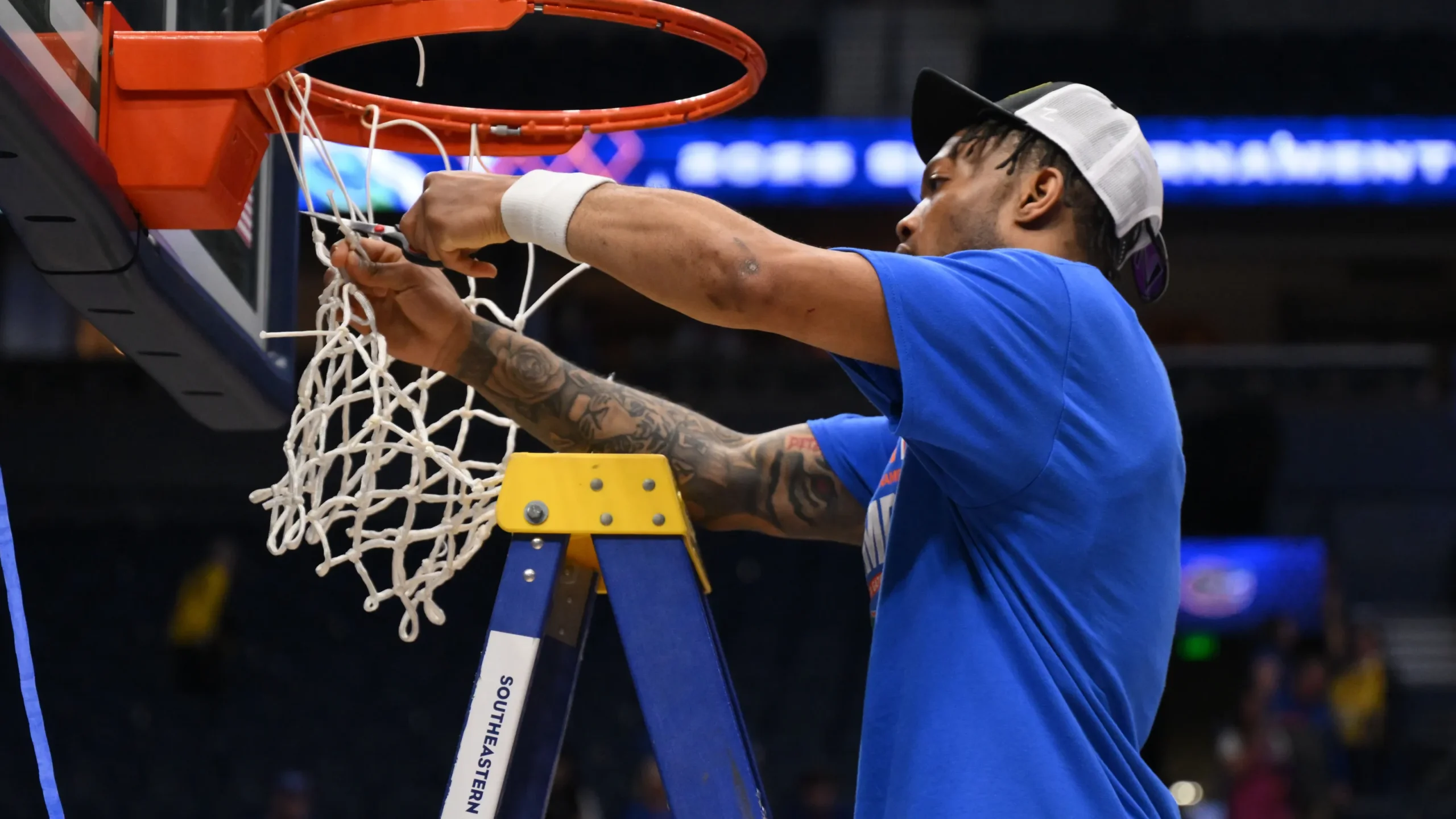Your feet are the foundation of everything you do, especially when it comes to fitness and athletic activities. Whether you’re running a marathon, lifting weights, or practicing yoga, the health of your feet plays a critical role in your overall performance and injury prevention. Ignoring your foot health could be the hidden reason behind lingering aches, plateaus in athletic progress, or even recurring injuries.
This blog dives into the connection between foot health and athletic performance, exploring common foot issues, their impact on workouts, and steps you can take to protect your feet. Let’s ensure your foundation is as strong as the rest of your body!
Common Foot Issues Faced by Athletes
The feet are complex structures with 26 bones, 33 joints, and over 100 muscles, tendons, and ligaments. With all that complexity, they can be prone to issues, especially when under constant strain. Below are some of the most common foot problems athletes face.
1. Plantar Fasciitis
Plantar fasciitis is caused by inflammation in the plantar fascia, the thick band of tissue that runs along the bottom of your foot. Athletes who spend a lot of time running or jumping are particularly susceptible to this painful condition, which often leads to stabbing pain near the heel, especially with the first steps in the morning.
2. Blisters
Although they may seem minor, blisters can impact performance. These fluid-filled pockets form as a result of repetitive friction between your skin and footwear. For runners and hikers, blisters can disrupt a routine or a race in the blink of an eye.
3. Achilles Tendonitis
The Achilles tendon, which connects your calf muscles to your heel bone, can suffer from overuse. Achilles tendonitis is characterized by pain and stiffness along the tendon, typically caused by excessive running or sudden increases in activity levels.
4. Bunions and Hammertoes
Structural deformities like bunions (bony lumps at the base of the big toe) and hammertoes (toe joint abnormalities) can lead to misalignment in your gait, affecting your ability to walk or run properly.
5. Flat Feet or Overpronation
Flat feet, or fallen arches, can cause overpronation, where the foot rolls excessively inward with each step. This creates biomechanical imbalances that may lead to knee, hip, or back pain over time.
How Foot Health Impacts Your Workouts
Your feet act as both shock absorbers and levers in most physical activities. Here’s how foot health can make or break your workout performance across different disciplines.
Running and Cardio
For runners, efficient movement starts with proper alignment of the foot. Conditions like plantar fasciitis or Achilles tendonitis not only cause pain but can throw off your entire stride. Poor foot health also forces you to compensate by changing your gait, leading to inefficiencies and increased injury risk.
Strength Training
Your feet provide the foundation for your lifts, especially in exercises like squats, deadlifts, and lunges. Flat arches or pain from bunions can affect your stability and power, reducing your ability to generate force. Wearing improper footwear or neglecting foot care can even lead to imbalances that stress your knees and hips during these movements.
Yoga and Bodyweight Training
Yoga and other bodyweight exercises rely on balance and flexibility, both of which heavily depend on healthy feet. Conditions like hammertoes or blisters can interfere with your ability to achieve proper alignment, resulting in discomfort and reduced effectiveness of the practice.
Team Sports
Sports like basketball, soccer, and tennis involve rapid changes in direction and explosive movements. Foot injuries like blisters, sprains, or Achilles issues can limit your agility and ability to perform at your best.
How to Prevent Foot Issues and Maintain Healthy Feet
Proper foot care is essential for maximizing your athletic performance. Follow these tips to keep your feet in top shape year-round.
1. Choose the Right Footwear
Your choice of shoes matters. Invest in footwear that provides proper arch support, cushioning, and fit. Shoes designed for your specific activity (e.g., running shoes vs. cross-trainers) will reduce stress on your feet and improve performance. Replace shoes regularly to prevent wear-and-tear-related injuries.
2. Practice Good Hygiene
Wash your feet daily and always dry them thoroughly, especially between the toes, to prevent fungal infections like athlete’s foot. Trim your toenails regularly to avoid ingrown nails that could cause discomfort.
3. Strengthen Your Feet
Add foot-strengthening exercises to your routine. Toe curls, heel raises, and exercises using a resistance band can improve foot stability and reduce the risk of injury.
4. Warm Up and Stretch
Stretching your calves, Achilles tendons, and the bottoms of your feet before exercise can improve flexibility and reduce the likelihood of strains or injuries. Consider rolling a tennis ball under your foot to massage the plantar fascia and loosen tight muscles.
5. Use Orthotics if Needed
If you have structural issues like flat feet or high arches, consult a podiatrist for custom orthotics designed to improve your foot alignment and overall function.
6. Keep an Eye on Socks
Moisture-wicking socks can help prevent blisters and keep your feet dry during intense workouts. Avoid cotton socks, as they can retain sweat and increase friction.
When to Seek Professional Help
Despite your best efforts, some foot issues may require professional care. Here’s when you should consider consulting a podiatrist or sports medicine professional:
- Persistent pain that lasts for more than a few weeks.
- Visible swelling or deformities like bunions or hammertoes.
- Pain during or after workouts that doesn’t subside.
- Recurring blisters or fungal infections that don’t respond to over-the-counter treatments.
- Difficulty finding comfortable footwear due to structural foot issues.
A professional not only addresses the immediate problem but can also help identify underlying causes to prevent future issues.
Healthy Feet Lead to Peak Performance
Strong, healthy feet act as the foundation for athletic success. Investing time in preventative care, choosing supportive footwear, and addressing minor issues before they escalate can help you avoid setbacks and perform your best in every workout. Whether you’re running a 10K, hitting the gym, or perfecting your warrior pose in yoga, your feet deserve attention and care.
Take the first step toward optimal performance by prioritizing your foot health today. Need expert guidance? Schedule a consultation with a podiatrist to assess your foot health and find personalized solutions that work for you.

Dominic O. McCoy is a passionate writer who loves crafting engaging and informative blogs on a wide range of topics. With a deep curiosity and a knack for storytelling, he explores everything from lifestyle and technology to business and home improvement. Whether breaking down complex ideas or sharing practical tips, McCoy aims to deliver valuable content that resonates with readers. When he’s not writing, he enjoys learning about new trends and expanding his knowledge to bring fresh perspectives to his work.


